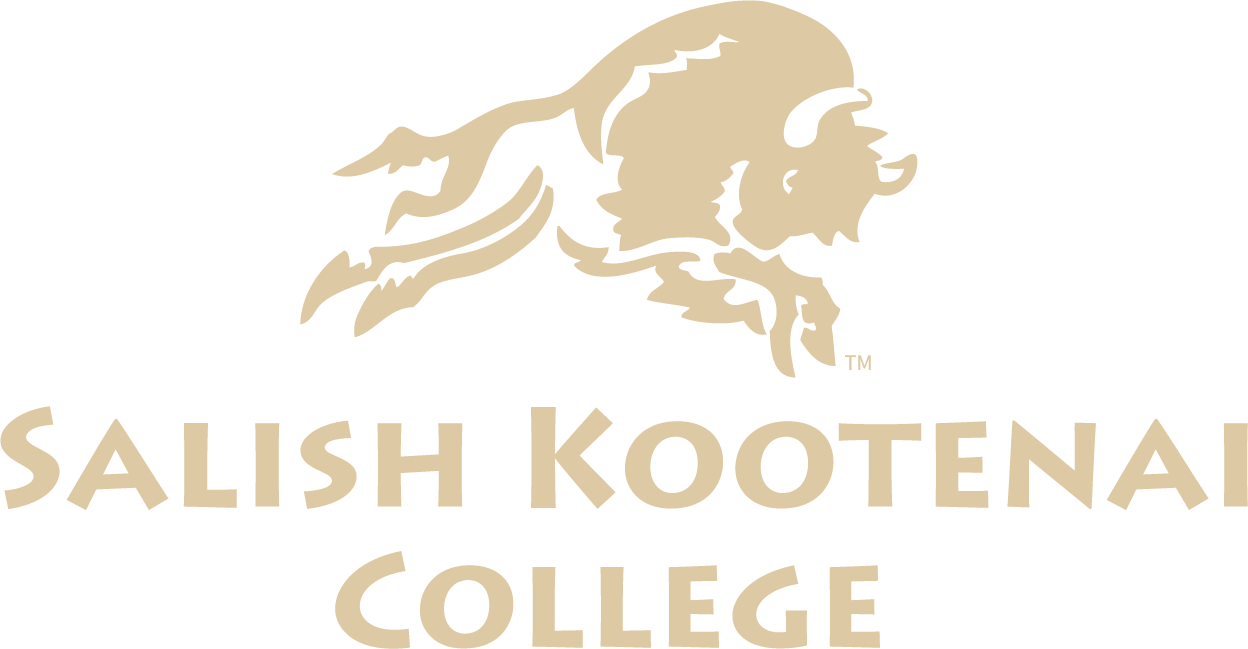MySKC Employee
SKC ACADEMIC CALENDAR 2024-2025
FALL QUARTER
| Event | Date |
|---|---|
| Event Virtual New Student Orientation Open | Date May 30 - September 7 |
| Event Faculty Return | Date August 26 |
| Event In Service | Date August 26-28 |
| Event Application Deadline Fall 2024-25 (New Students All undergraduate degrees and certificates) | Date August 30 |
| Event Labor Day Holiday | Date September 2 |
| Event Registration Deadline Fall 2024-25 | Date September 7 |
| Event First Day of Classes | Date September 9 |
| Event Last Day to Change Registration | Date September 13 |
| Event Midterm | Date October 7-11 |
| Event Virtual New Student Orientation Open (Winter Quarter) | Date October 7 - January 5 |
| Event Winter Course Fees Due | Date October 7 |
| Event Final Winter Course Schedules | Date October 11 |
| Event Textbook Orders Due for Winter Quarter | Date October 11 |
| Event Indigenous People's Day - Campus Closed | Date October 14 |
| Event Winter Quarter Registration Opens | Date October 14 |
| Event Last Day to Withdraw from Classes | Date October 25 |
| Event Last Day to Apply for Masters in Natural Resource Management | Date October 25 |
| Event Veteran's Day (Observed) Campus Closed | Date November 11 |
| Event Founder's Week | Date November 11 |
| Event Virtual Bookstore Open for Winter Quarter | Date November 11 |
| Event Finals | Date November 11 - 15 |
| Event Last Day of Classes | Date November 15 |
| Event Winter Break (Students) | Date November 18 - January 3 |
| Event Thanksgiving Holiday Campus Closed | Date November 27 - 29 |
| Event Fall Quarter Grades Due | Date November 27 - 29 |
| Event Christmas Holiday Campus Closed | Date December 24 - 26 |
| Event Application Deadline Winter Quarter (New Students) | Date December 27 |
| Event Registration Deadline Winter Quarter | Date January 3 |
| Event New Years Holiday Campus Closed | Date December 31 - January 2 |
WINTER QUARTER
SPRING QUARTER
SUMMER QUARTER
